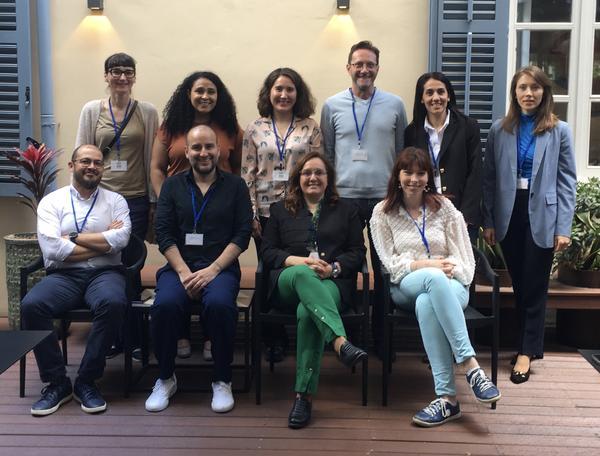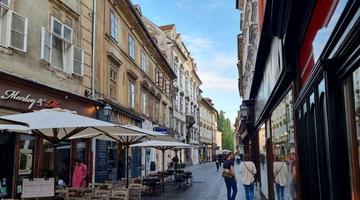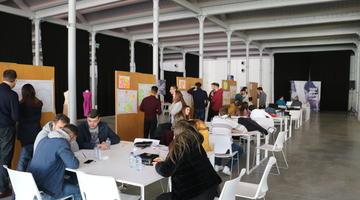New approach to circular business innovation tested in communities across Europe
A new report, based on actions in four European communities, recommends creating Local Accelerator Hubs to help small and medium-sized businesses lead the transition to a circular economy at the local level.
The set of findings from the SHARED GREEN DEAL project offers a bottom-up approach to Europe's sustainability goals. The report, Implementing Local Accelerator Hubs to Foster Business Innovation in the Circular Economy, co-authored by researchers from Ecole des Ponts Business School and the Circular Economy Alliance, calls for local support structures that connect businesses with the tools, knowledge, and networks needed to adopt circular models. And it does so based on practical, real-world experience.
Pilot projects in Portugal, Slovenia, Cyprus, and France demonstrated that when businesses are given hands-on support, including expert mentorship and co-designed workshops by local actors, they are both willing and able to test and implement sustainable practices. These included textile reuse platforms, food industry by-product innovations, and new approaches to sustainable building materials at the national level.
As the report notes:
“Creating dedicated spaces for innovation is critical to successfully transferring knowledge in the circular economy. Through structured, well-supported local hubs, stakeholders across different sectors can accelerate the transition toward a more sustainable and circular future.”
Support for local innovation
Specifically, these four local actions were supported financially by SHARED GREEN DEAL and the European Union to test Local Accelerator Hubs, which are physical and/or digital spaces that support local organisations in adopting circular economy practices.
This form of support remains essential in local communities, as the support structures available and what they offer still vary widely across EU member states. The report highlights that while France has implemented tax incentives for repair and reuse, countries like Portugal still lack targeted national policies. As one Portuguese interviewee put it:
“Often, companies may want to do it, they may really want to, they want to apply these circular practices, but as we said earlier, they live very much day-to-day, and they certainly don’t have qualified people to do it. Perhaps if they had external support, especially from government bodies, in terms of training and mentoring, they could demystify the complexity of the processes and the questions that were asked in the workshop.”
The report concludes that hubs like these are not only useful. The idea behind them is essential. They offer a replicable model that links European ambitions with local business action, helping not only sustainability but also local job creation.
Related Green Deal Priorities
Related localities
Related events
Related Resources


CONTACT
For further details please contact co-leads Professor Chris Foulds (chris.foulds@aru.ac.uk) and Professor Rosie Robison (rosie.robison@aru.ac.uk).

This project has received funding from the European Union’s Horizon 2020 research and innovation program under grant agreement No 101036640. The sole responsibility for the content of this website lies with the SHARED GREEN DEAL HAS project and does not necessarily reflect the opinion of the European Union.





